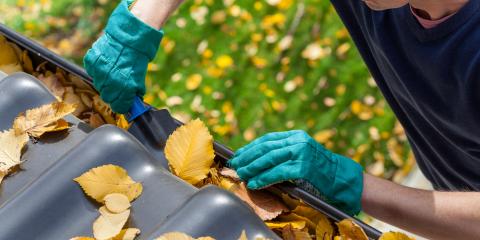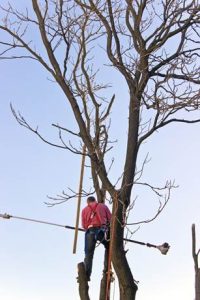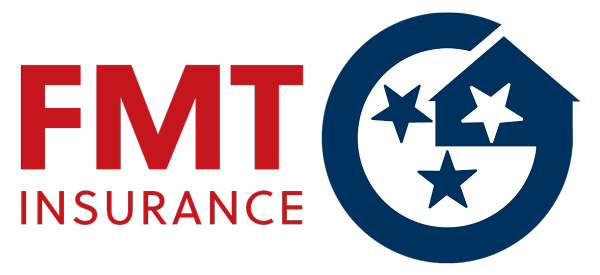Simple Home Maintenance Tips to Help Lower Insurance Claims
Prepare Your Home for Winter and Prevent Claims
 Fall in Tennessee is a wonderful time of the year. At the same time, the beautiful orange, red and yellow leaves on the trees remind us that winter is just around the corner. Freezing temperatures, ice, and snow can cause major damage to your home and other property. Fortunately, you can avoid much of the hassle and expense of damage by performing some basic maintenance before winter arrives and avoid a homeowners insurance claim.
Fall in Tennessee is a wonderful time of the year. At the same time, the beautiful orange, red and yellow leaves on the trees remind us that winter is just around the corner. Freezing temperatures, ice, and snow can cause major damage to your home and other property. Fortunately, you can avoid much of the hassle and expense of damage by performing some basic maintenance before winter arrives and avoid a homeowners insurance claim.
5 Home Maintenance Tips to Prepare for Winter
- Have the Furnace Checked
A furnace that operates inefficiently consumes excess fuel and produces dangerous gases like carbon monoxide. To reduce utility bills and keep your family warm and safe, change filters regularly and schedule a service check-up with a reliable HVAC company before the temperatures drop. Also, if you have a wood burning fireplace or stove, it is a good idea to have your chimney flue professionally cleaned and maintained to get rid of dangerous, combustible creosote build-up.
- Remove Dead Trees and Overhanging Limbs

Dead or dying trees and overhanging limbs paired with heavy snow or ice and high winds are a home insurance nightmare. If a branch falls, it could cause serious injuries or property damage. Before a limb plummets onto the neighbor’s car or crashes through your garage roof, have a professional arborist examine the tree and remove the threat.
- Bring Hoses in From Outside
Garden hoses are not durable enough to withstand freezing temperatures and harsh elements. Also, leaving them attached may cause damage to inside pipes from freezing. Detach the hoses from the exterior faucets, drain them of water, and store them in the basement or garage until spring.
- Winterize Exterior Faucets & Pipes
After removing hoses, shut off the water lines inside the house that feed exterior faucets and pipes and open the valves to drain any remaining water. Apply winter covers—available at any hardware store—to the knobs and faucets, and insulate any pipes that run along exterior walls or through unheated areas of the house.
- Clear Gutters
Rain gutters should be free of leaves and debris so melting ice and snow does not find its way into your home. Otherwise, water can accumulate in the congested troughs and form dangerous destructive ice dams. Clean the gutters and make sure downspouts are not clogged. While you’re checking and cleaning your gutters, look for and repair any missing shingles or nails sticking up that may also allow melting ice and snow to leak into your home.
By following these suggestions, you may be able to avoid damages that could result in a large homeowners insurance claim. For more information on protecting your property, speak with your local independent agent or contact Farmers Mutual of Tennessee online or call (800) 824-9555 to speak with one of our representatives.
Since 1913, Farmers Mutual of Tennessee has been providing quality insurance coverage at an affordable price.

